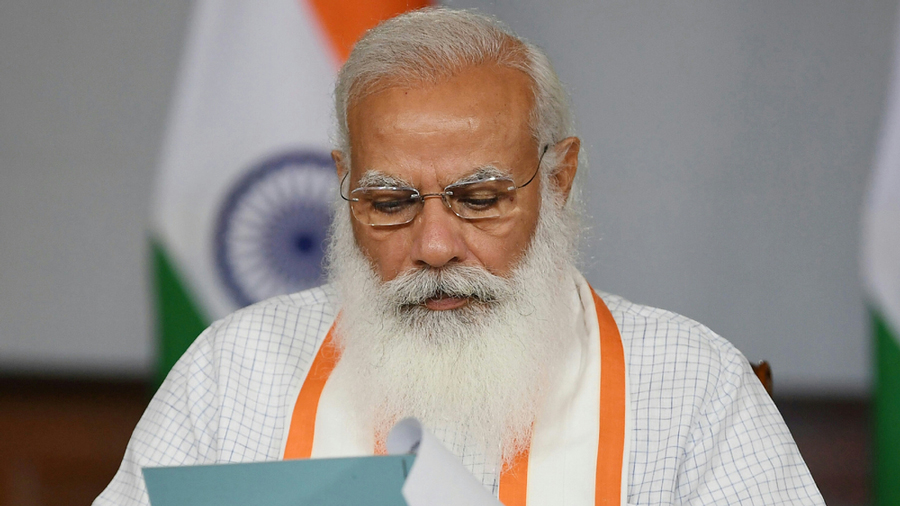There may be an admirable National Education Policy, but that seems to be no guarantee that the Narendra Modi-led government would bend over backwards to encourage education. Almost half of the Central universities in the country — 20 out of 45 — have been without regular vice-chancellors for months. These institutions are being run either by the outgoing vice-chancellors on extension or senior-most professors given temporary charge. Their powers are limited in any case — they cannot recruit staff, for instance — while they are unable to take decisive action when the pandemic is throwing up extraordinary problems of administration and the NEP is expected to be implemented. Institutions such as Delhi University or Banaras Hindu University and others in various states are being forced into inefficiency, as are the four Indian Institutes of Technology waiting almost a year for their directors. Yet there should have been no such delay, since most of these universities sent in the names selected by search committees to the education ministry months ago. The lists are meant to go to the president of India, who makes the final selection. It is a brief process. But now, bypassing the law in this matter, the lists have to be sent, unofficially, to the Prime Minister’s Office, which informs the education ministry of its choice that is then verbally communicated to the president. This is frank political intervention that neatly sabotages the autonomy of educational institutions. If the PMO is too busy to choose vice-chancellors — something it should not be doing in the first place — it can leave appointments pending for months. The government is obviously least interested in the smooth functioning of universities.
This government seems to be willing to erode all systems in order to implement the ruling party’s agenda. It is no secret that earlier governments, too, preferred favourable vice-chancellors, whether the institution was under the Centre or the state. But this is perhaps the first government to introduce full control through ‘unofficial’ means. This is the inevitable culmination of political interference in education, something that governments dominated by other parties are also guilty of. Now the damage is spreading: administration and even day-to-day decisions — adjusting students’ fees during the pandemic, for example — must wait till the government has the leisure to scrutinize, unofficially, the names of potential vice-chancellors.










